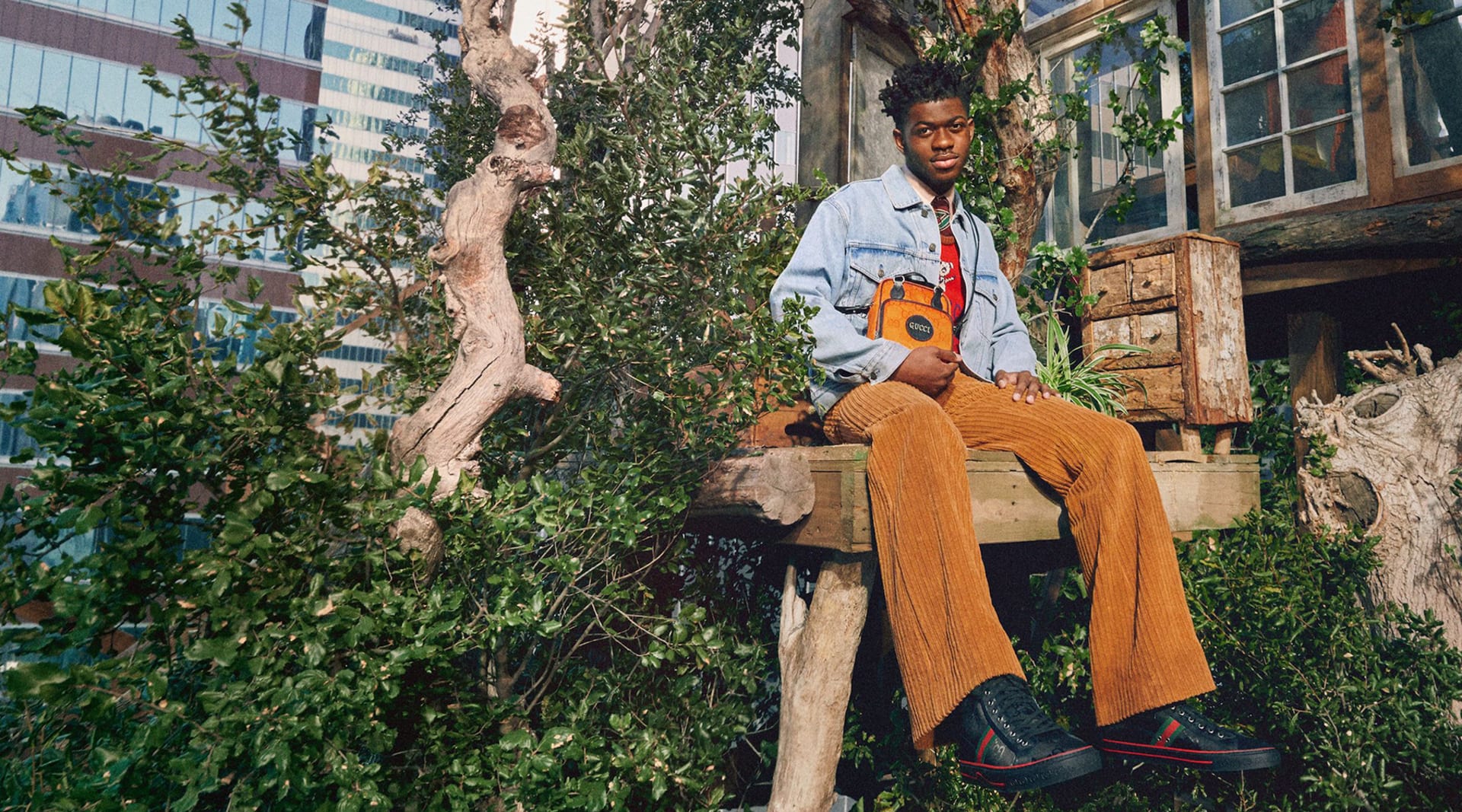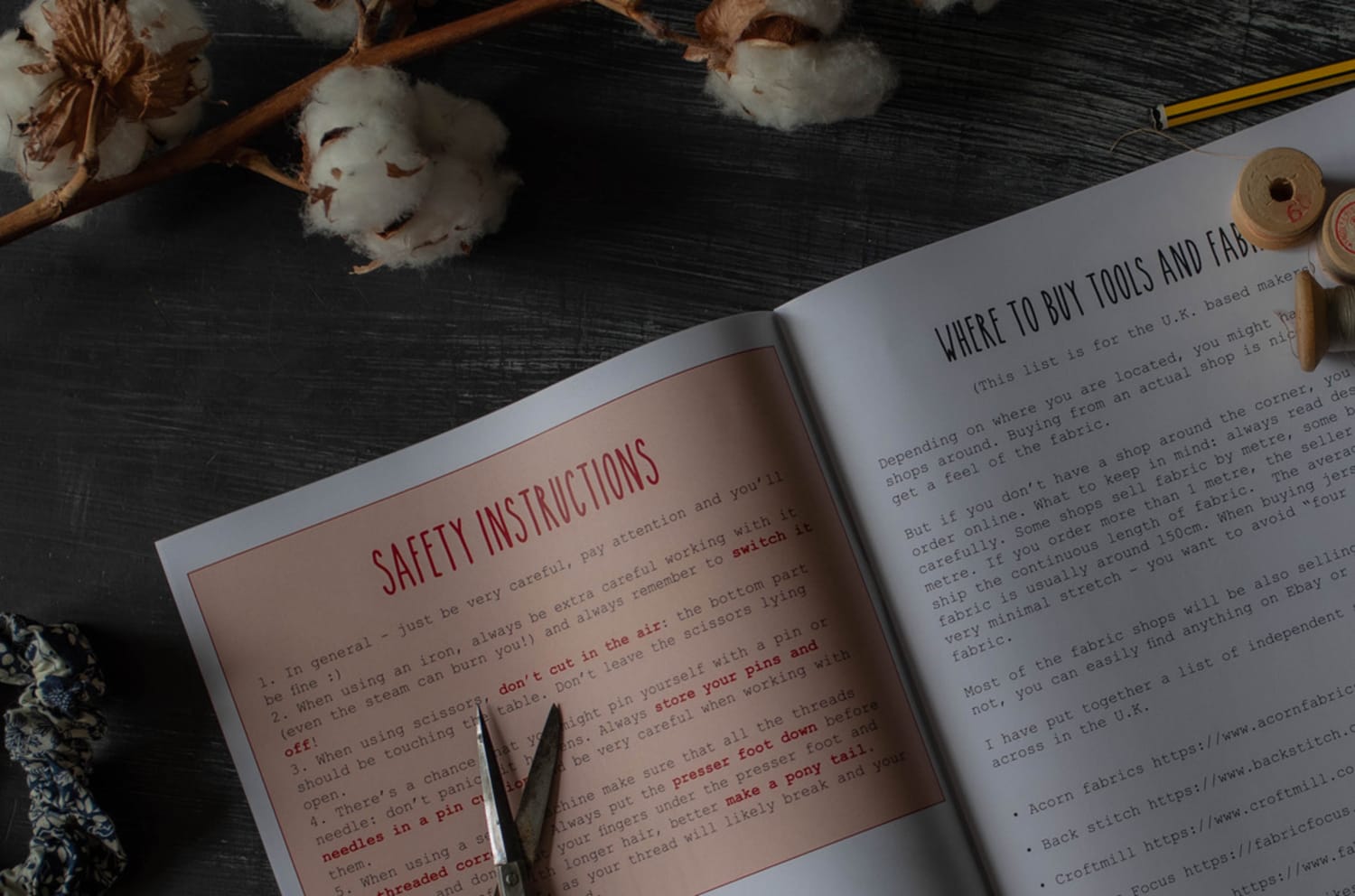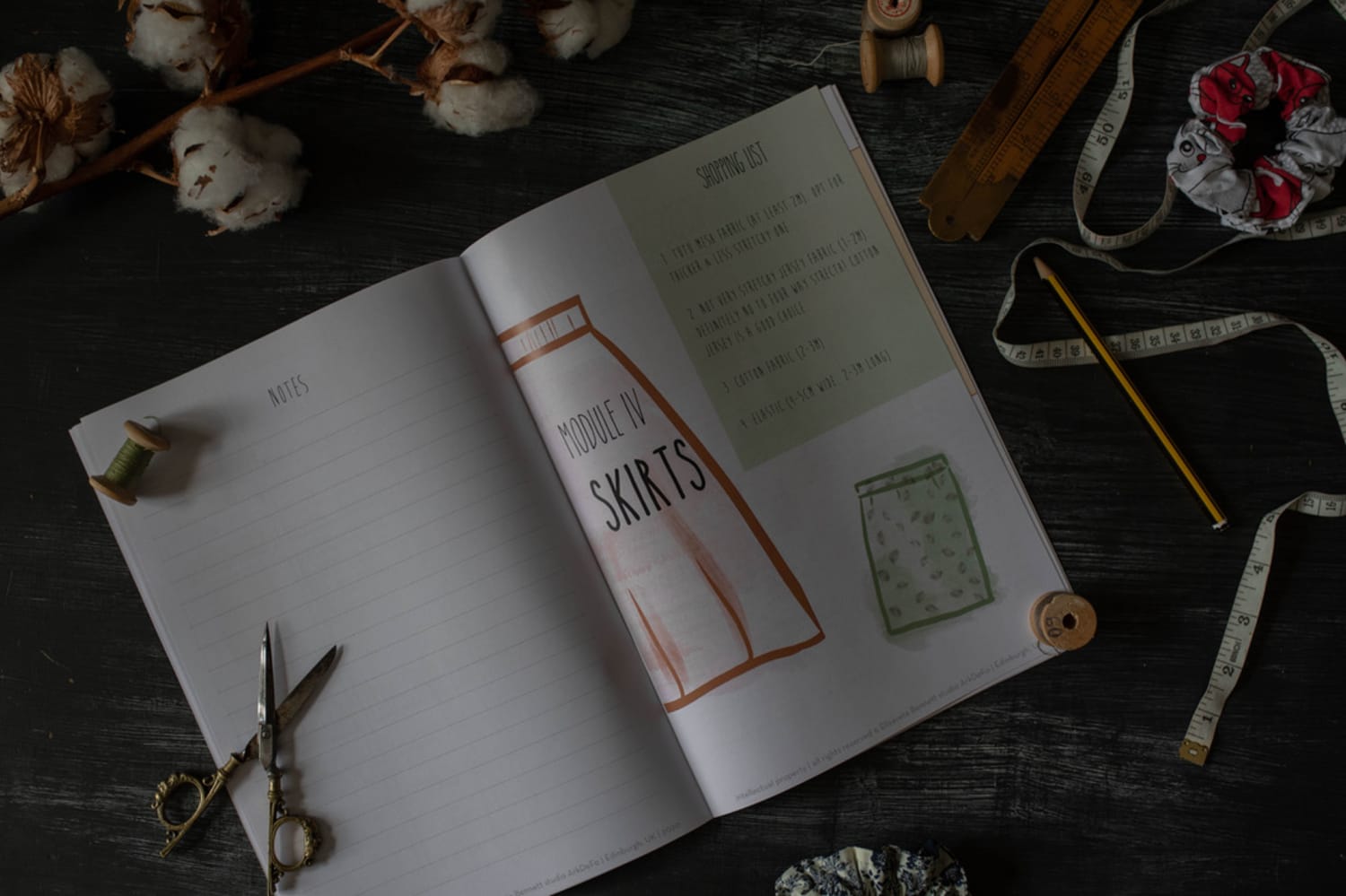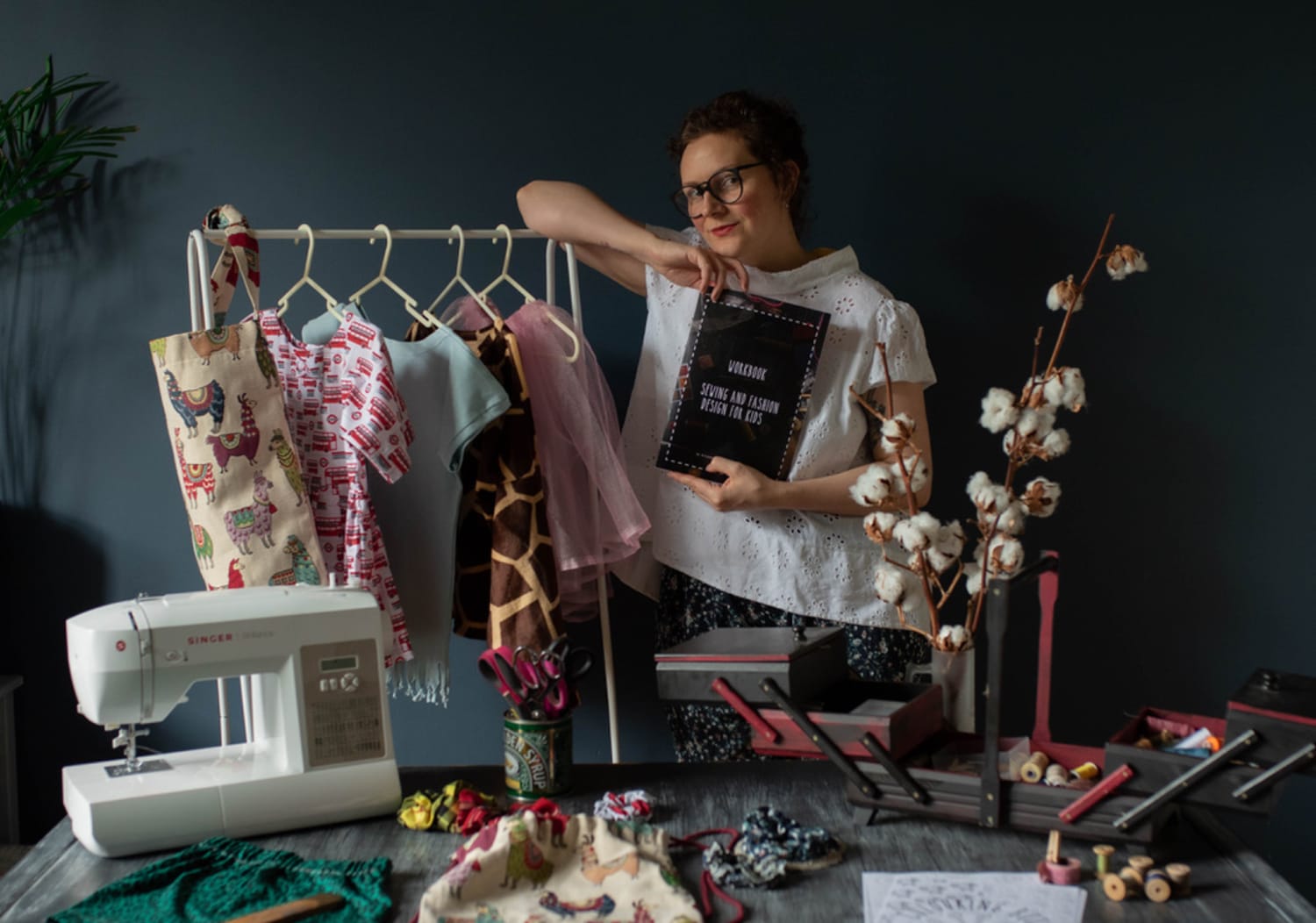Led by ethically minded consumers and a growing interest in purchases that have permanence, fashion brands are repositioning for the long-term and rethinking the retail experience coming out of a pandemic.
“Come in, slow down” may sound like an invitation to a wellness studio, but it is actually a slogan featured in the window of Unsubscribed, American Eagle Outfitters’ new retail store in New York’s East Hampton. Launched in June 2020, the brand offers consciously made products that are designed to be worn “forever,” and is largely driven by a slow fashion concept. This means “less deliveries, elevated quality, beautiful design—it is about taking things easy,” says Jennifer Foyle, global brand president of American Eagle Outfitters’ Aerie. “It’s better for us and our environment.”







